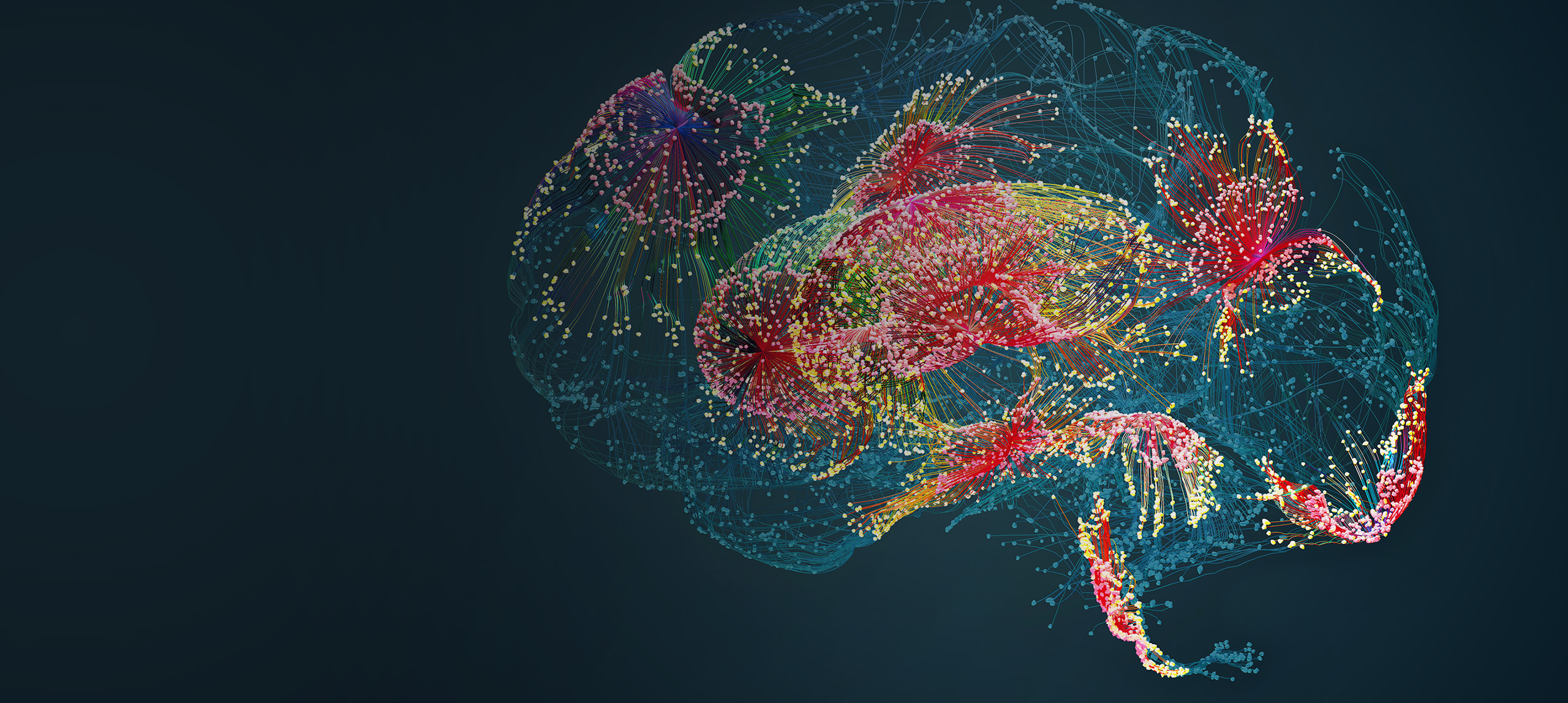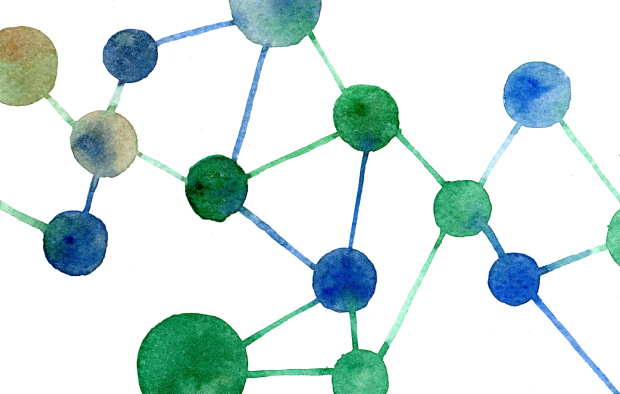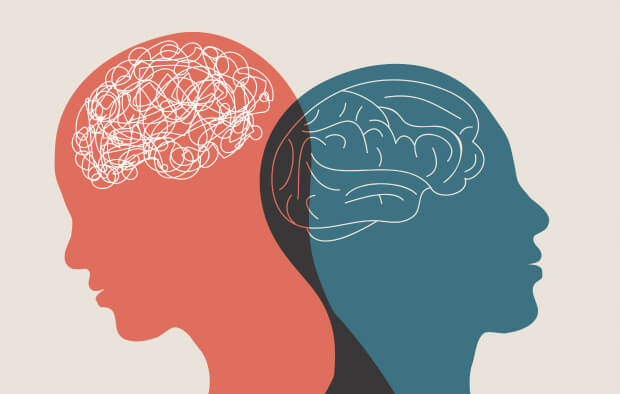Accelerating Bipolar
Disorder Science
We are forging research pathways to lift the ceiling on scientific understanding and to create new interventions so that everyone with bipolar disorder can thrive.

Data Discovery
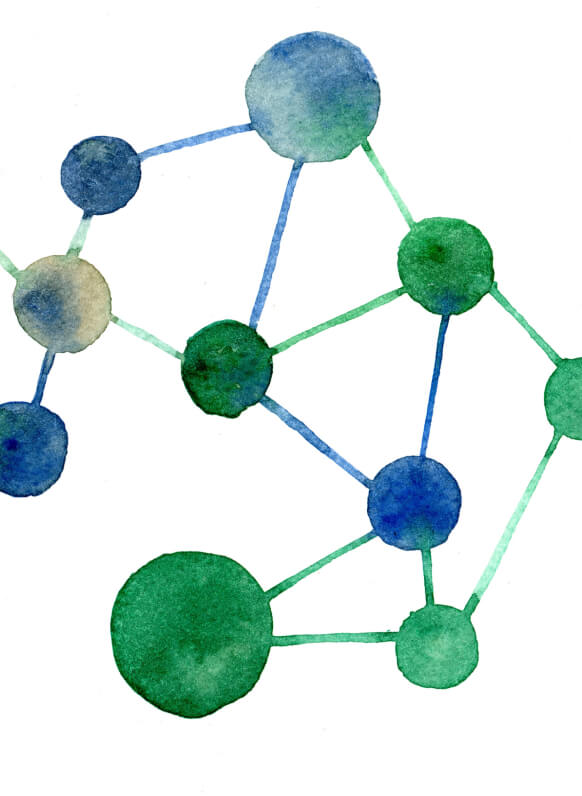
Connecting Experience
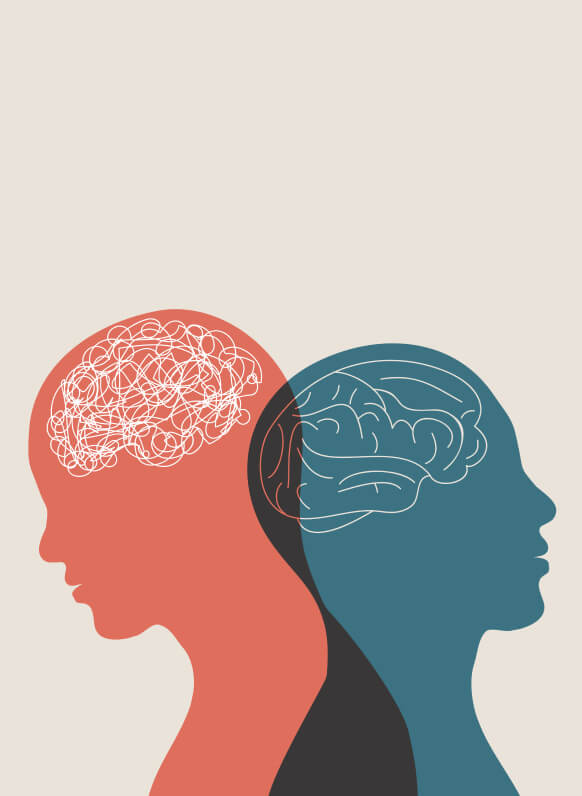
Revolutionized Systems

Focusing science
on the greatest impact
for people.
Current research, treatment, and care for bipolar disorder lacks scientific precision of the disorder and its diversity. We aim to change that.
Four Interconnected Programs, Zero Silos
Our mission is to accelerate scientific understanding of bipolar disorder and advance clinical care. Our Collaboration Projects provide BD² teams across programs with additional funding to promote data and resource sharing, as well as accelerate new findings.
Integrated Network
Bridge Insight With Precision Psychiatry
Integrated Network
Bridge Insight With Precision Psychiatry
Discovery Research
Discover the Biological Pathways
Discovery Research
Discover the Biological Pathways
Brain Omics Platform
Understand the Differences in the Brain
Brain Omics Platform
Understand the Differences in the Brain
Genetics Platform
Uncover the Genetic Contributions
Genetics Platform
Uncover the Genetic Contributions
Who We Are
Our comprehensive, hypothesis-driven approach breaks down barriers between innovation, scientific findings, and clinical care.


News & Updates
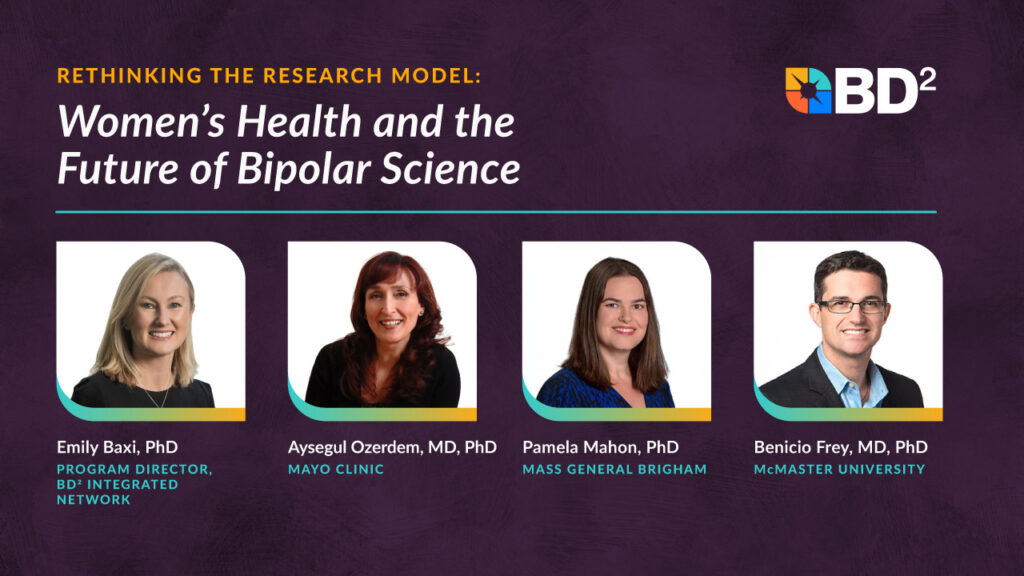
On International Day of Women and Girls in Science, BD² is spotlighting the women advancing…
Read more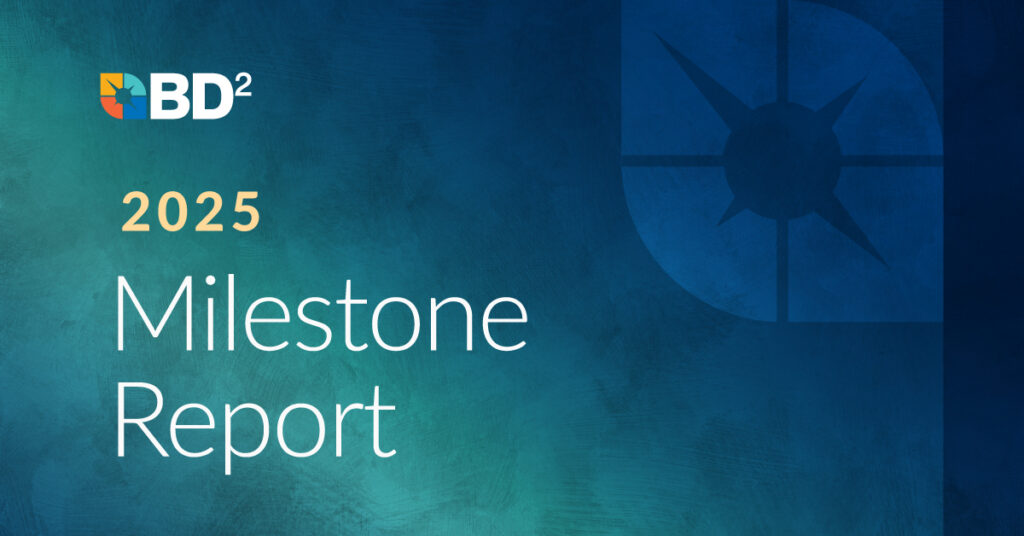
BD² closes 2025 with powerful momentum across our global research community. This year, we…
Read more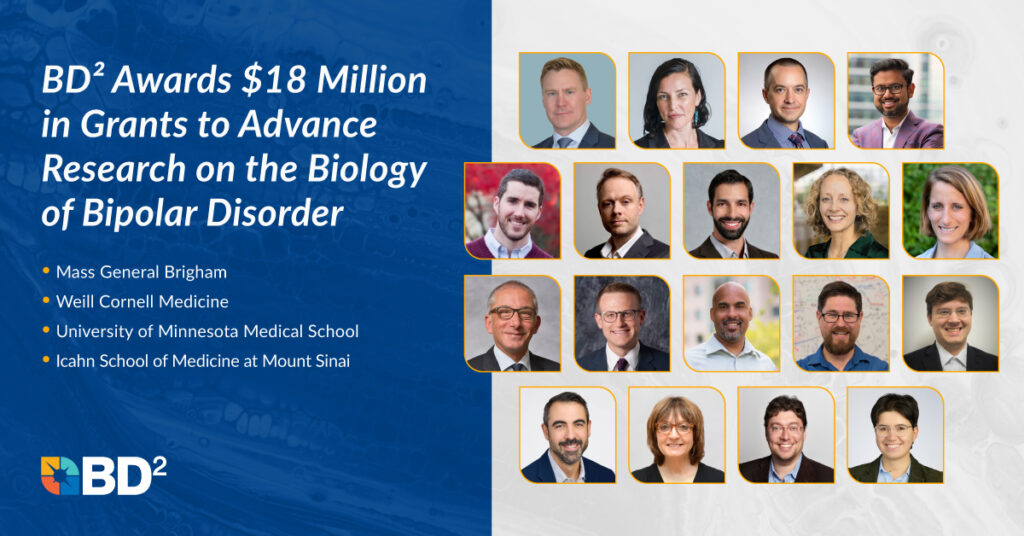
Washington, DC –Today, BD², or Breakthrough Discoveries for thriving with Bipolar…
Read more
In a candid conversation with BD² Integrated Network Program Director Emily Baxi, PhD, Major…
Read more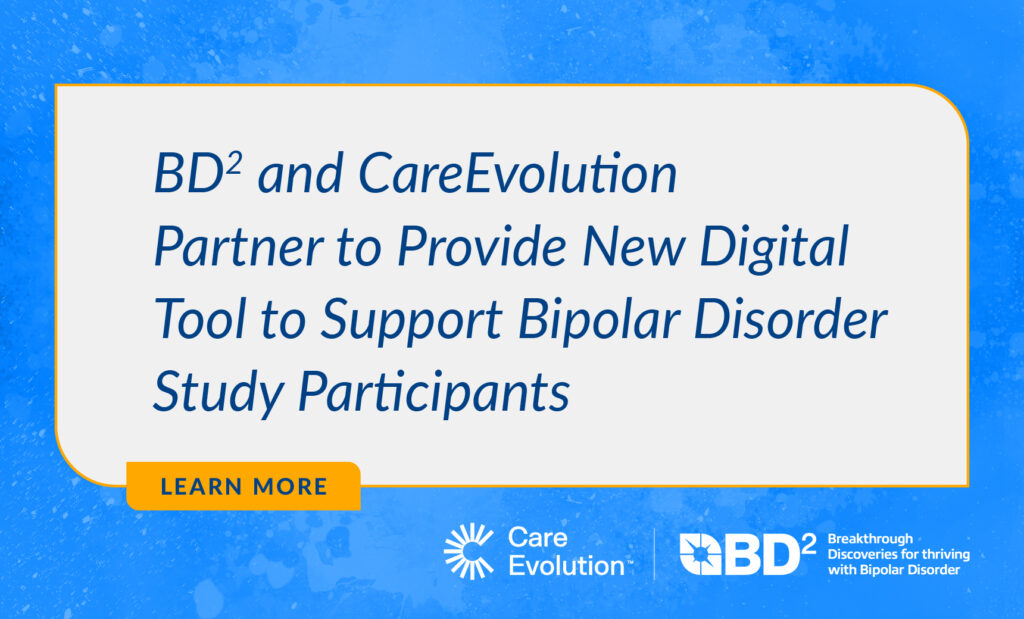
Washington, DC – Breakthrough Discoveries for thriving with Bipolar Disorder (BD²) and…
Read more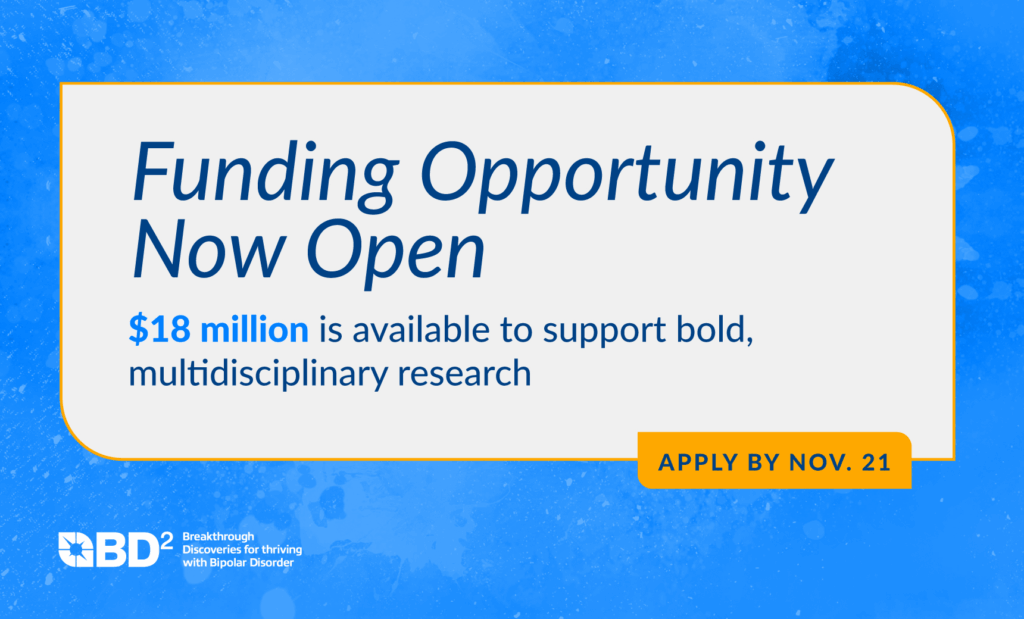
Washington, D.C.: Today, Breakthrough Discoveries for thriving with Bipolar Disorder (BD²)…
Read more
Cultivating the power of collaboration.
BD2 is invested in the talent of our people and partners, fostering team development and connection across the network.
"The wonder of science is that while we can’t know where new discovery will come from, we can stack the deck in our favor and aim it towards the greatest impact for people."


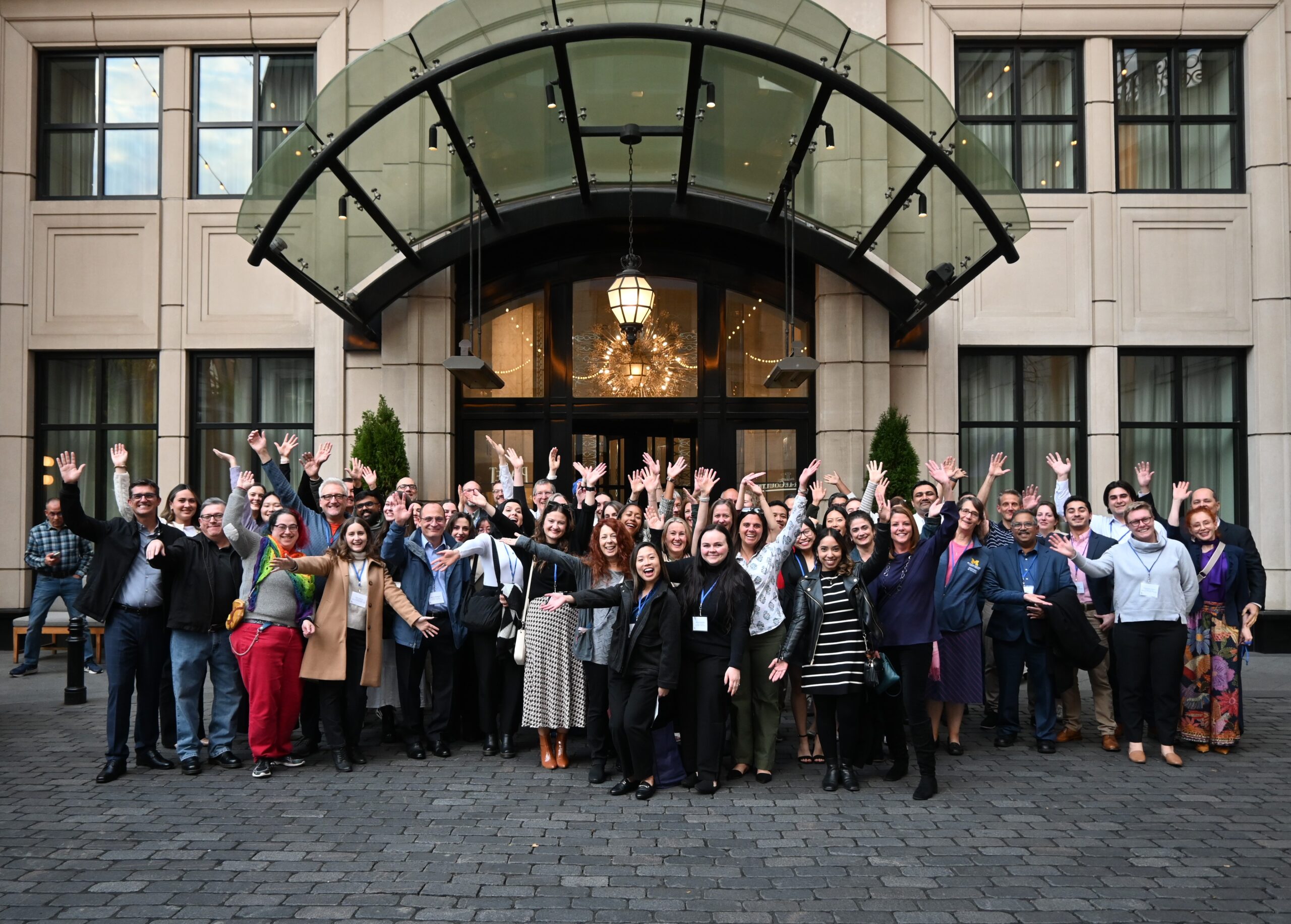












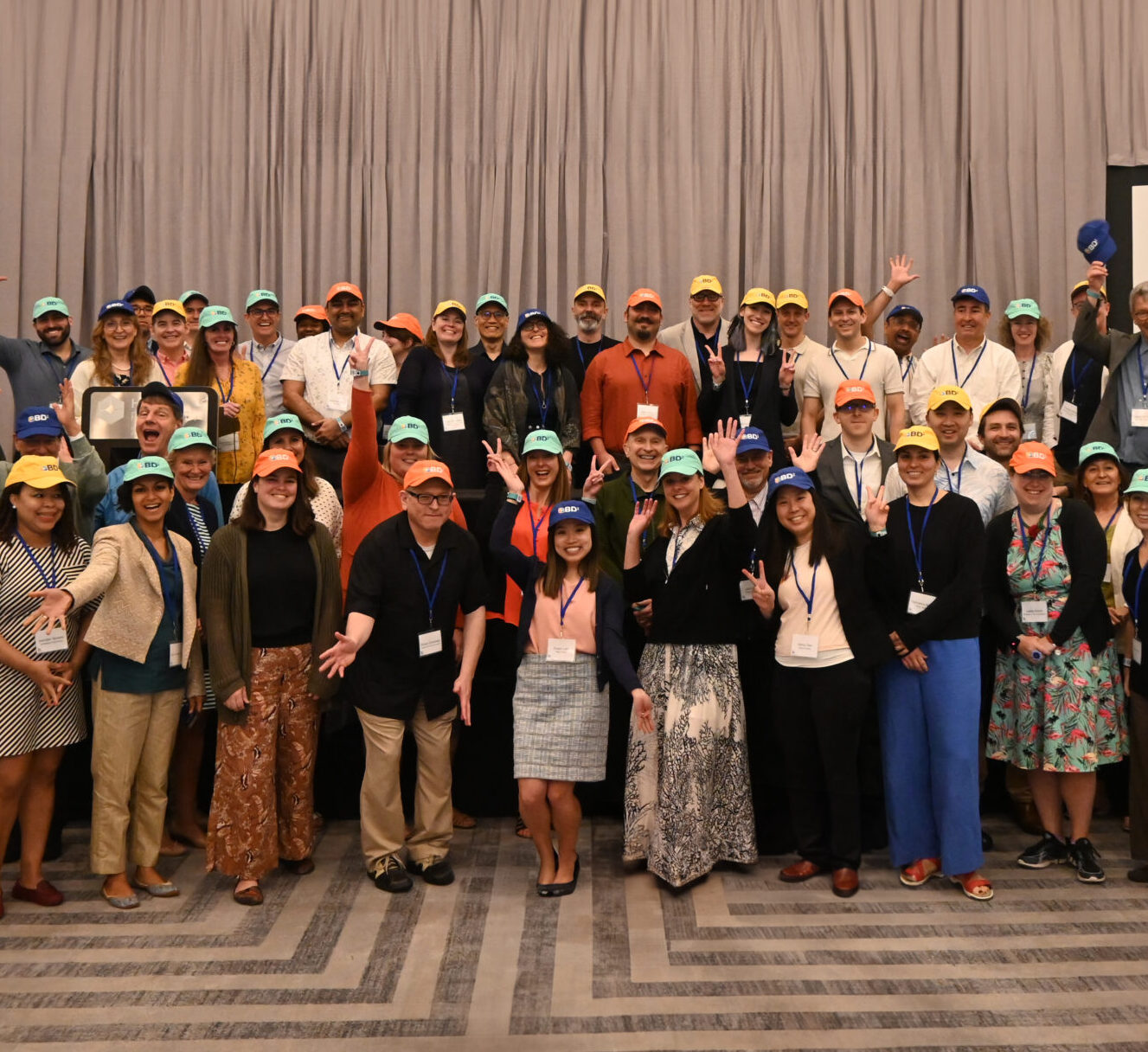

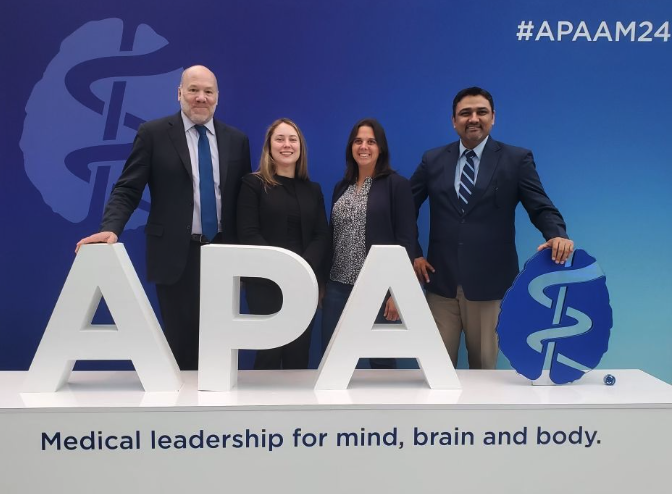
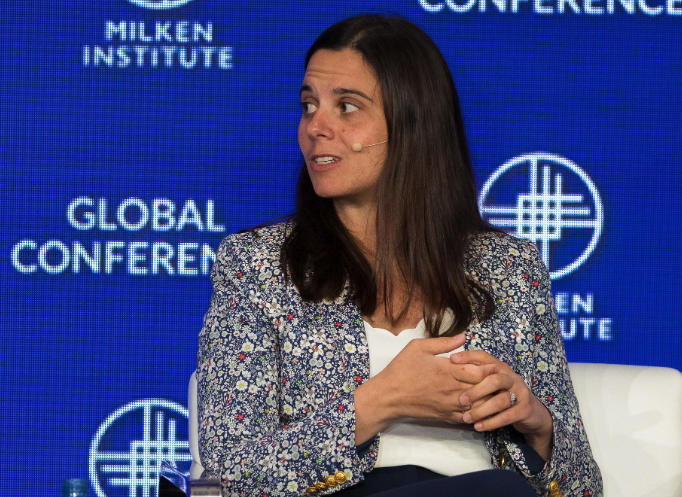




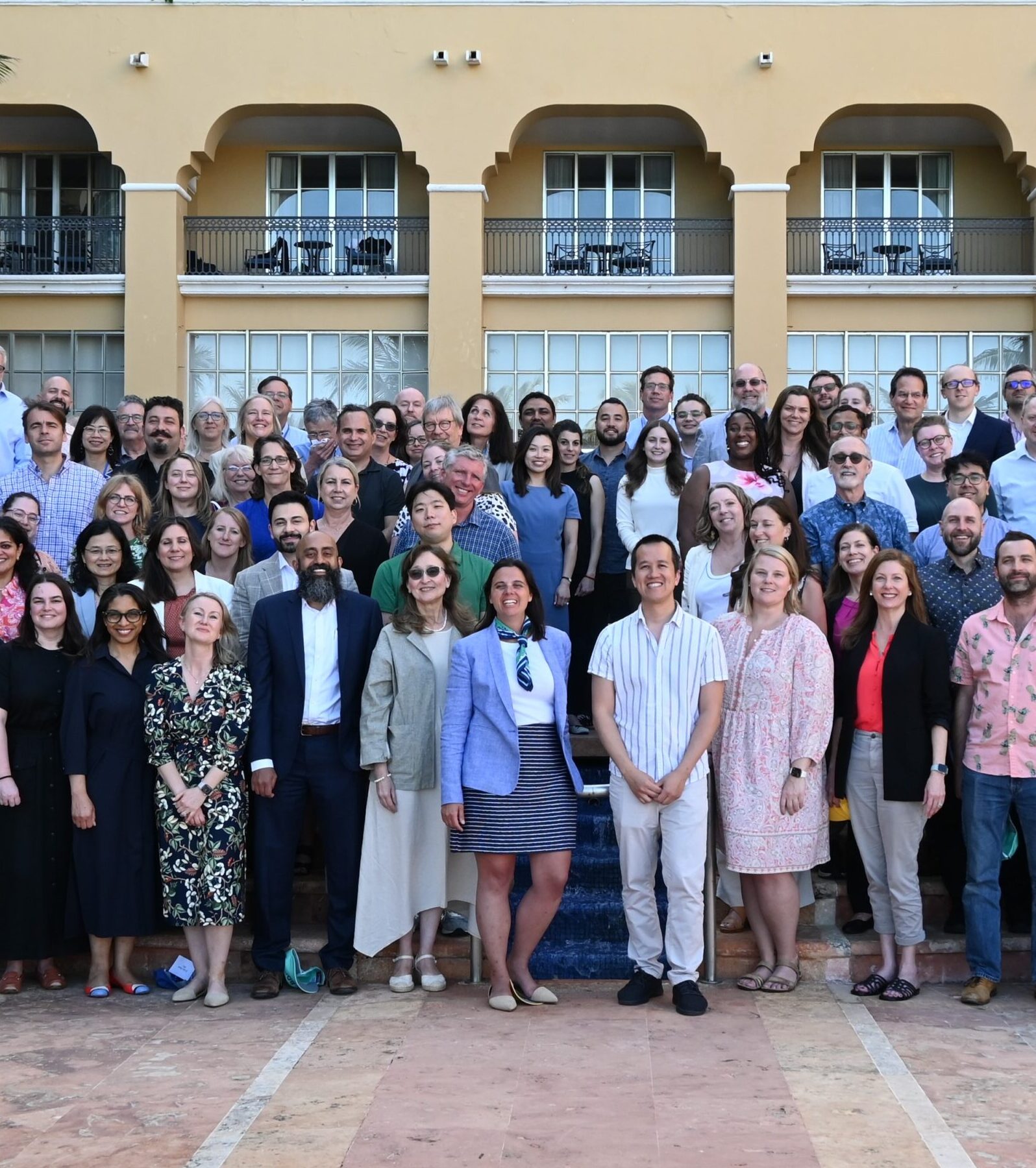


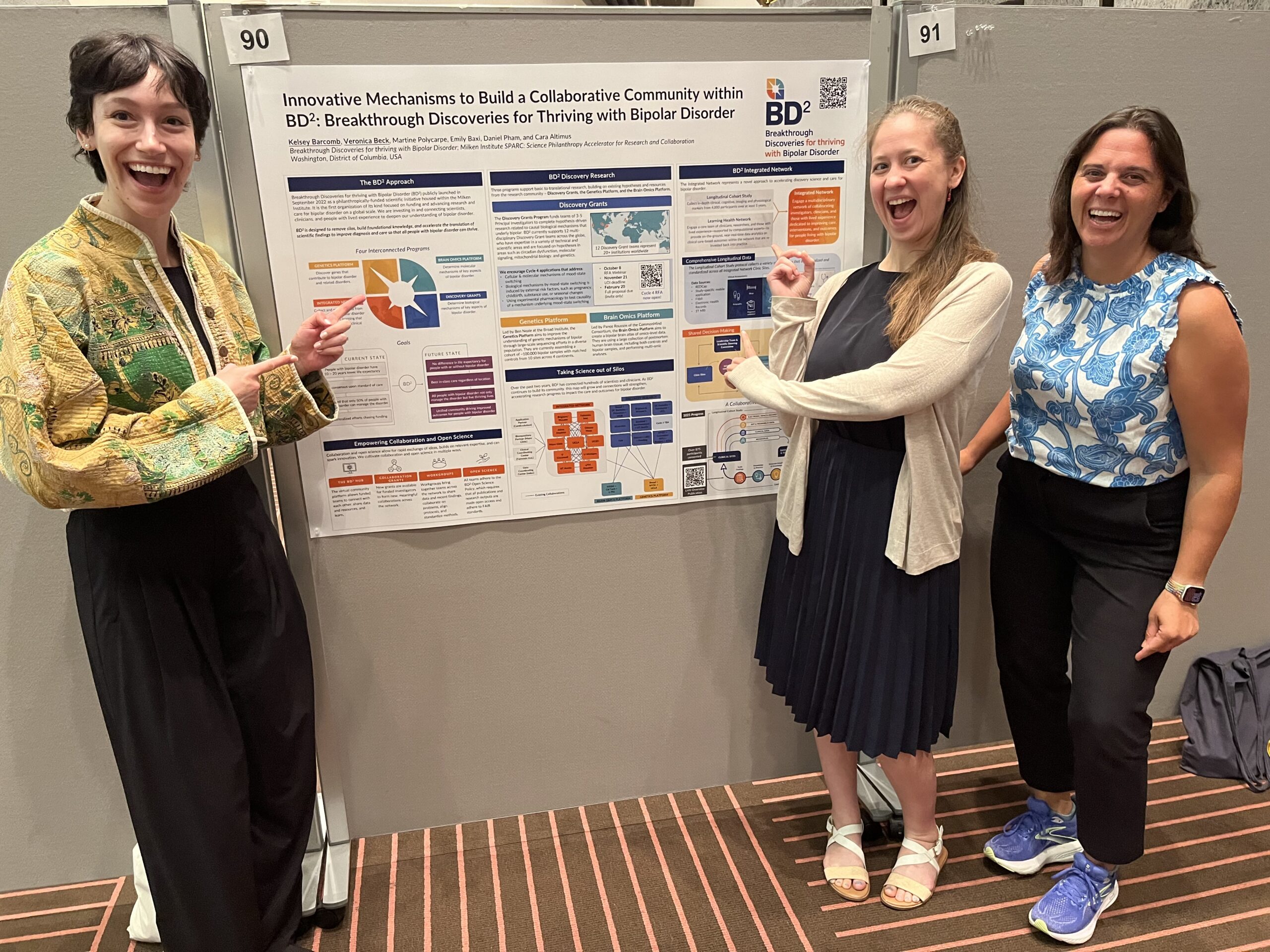
































Engage &
Connect With
Us Today
Join us in achieving the vision of a world where all people with bipolar disorder thrive.

